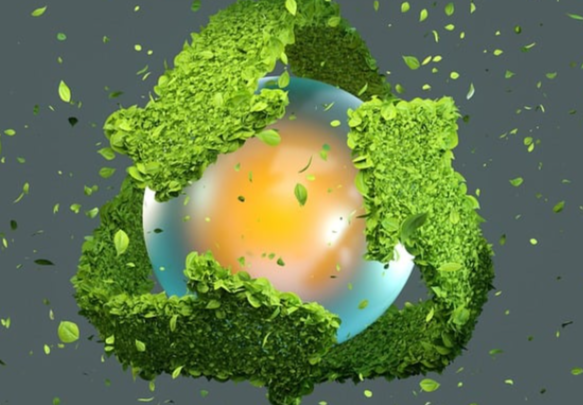
Recycling plays a crucial role in protecting our environment and reducing waste. Among the many recycling processes available today, LDPE (low-density polyethylene) recycling stands out for its ability to transform waste film into functional and valuable materials. Waste film, often discarded as trash, can be given a new lease on life by utilizing advancements in LDPE Recycling. Integrating this process delivers notable environmental and economic benefits, making it essential to explore how this recycling can reshape sustainability practices.
Reducing waste accumulation is one of the primary advantages of LDPE recycling. Film plastics, such as packaging material and plastic bags, contribute significantly to landfill overflow if not properly managed. By recycling this waste film, companies and communities can significantly reduce pollution and reliance on landfills, forging a cleaner, healthier environment for future generations.
Environmental preservation is another notable gain from LDPE recycling. Traditional film plastics, when left untreated, can release harmful chemicals and pollutants into the soil and water. Recycling these materials helps avoid this contamination, preserving ecosystems and wildlife habitats. Beyond preventing pollution, LDPE recycling contributes to the circular economy, as recovered materials re-enter production cycles, reducing the need for virgin plastic materials.
Energy efficiency is a compelling aspect of the LDPE recycling process. Producing new materials from waste film often requires much less energy than creating virgin plastic from raw resources. By decreasing energy consumption, this recycling method contributes to lowering the overall carbon footprint of production industries. This energy savings directly supports global efforts to combat climate change, aligning with sustainable development goals.
Recycled LDPE film offers remarkable versatility, as its applications span various industries. From manufacturing durable construction materials to creating reusable shopping bags and agricultural films, recycled LDPE has unlimited potential. These functional end products showcase the possibilities of turning waste into value, making recycling systems both practical and economically viable in diverse business sectors.
The economic benefits of LDPE recycling extend beyond energy savings. Recycling processes encourage job growth in areas such as waste collection, material recovery, and the development of innovative recycling technologies. By investing in recycling infrastructure and adopting LDPE recycling methods, industries can foster sustainable economic growth while enabling communities to participate in environmental improvement initiatives.
The adoption of LDPE recycling can also enhance corporate responsibility and build positive brand perception. Companies prioritizing sustainable practices and investing in recycling solutions can connect with environmentally conscious consumers and partners. This alignment with green values fosters customer loyalty and positions businesses as proactive leaders in sustainability efforts.
Plastic waste is an ongoing issue, with global plastic film production estimated to exceed millions of tons annually. Solutions like LDPE recycling offer a promising path toward mitigating this waste and turning it into functional resources. By promoting reduced reliance on virgin materials, LDPE recycling alleviates pressure on nonrenewable resources such as crude oil, which is commonly used in the production of traditional plastics.
The future of recycling technologies has far-reaching implications for our planet. LDPE recycling highlights the importance of adopting innovative approaches to waste management, both for immediate environmental benefits and long-term sustainability goals. By transforming waste film into functional materials, this process exemplifies the strides industries and communities can make toward preserving natural resources and ensuring a thriving, sustainable future for all.





